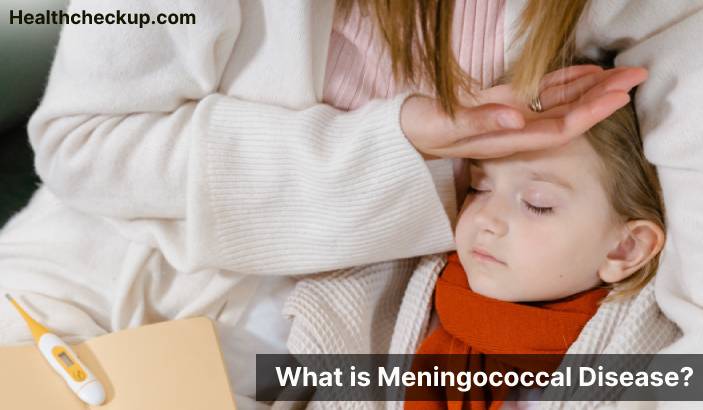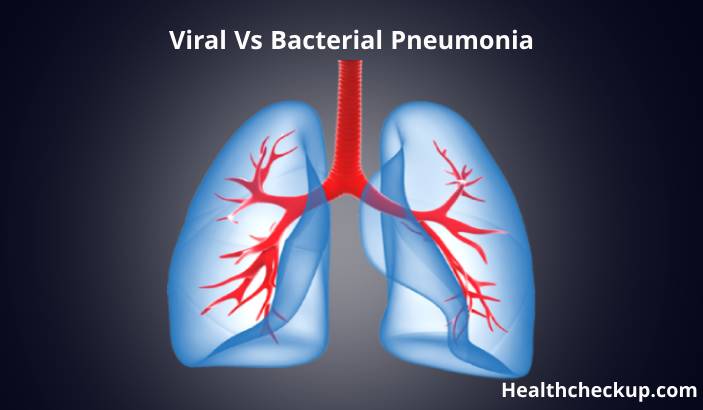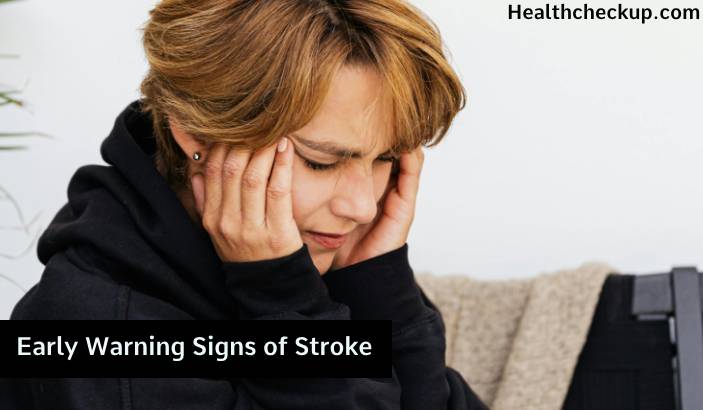Meningococcal disease is a serious and potentially life-threatening illness caused by the bacterium Neisseria meningitidis, also known as the meningococcus. It can cause meningitis, an inflammation of the membranes surrounding the brain and spinal cord, and sepsis, a severe blood infection. Meningococcal disease can progress very quickly and can lead to death within a matter of days.
There are several types of meningococcal disease, which are classified based on the specific type of meningococcus bacteria involved. The most common types in the United States are A, B, C, Y, and W-135.
Symptoms of meningococcal disease include:
- Fever
- Headache
- Stiff neck
- Nausea and vomiting
- Rash
- Sensitivity to light
- Confusion
In severe cases, symptoms also include seizures, coma, and shock.
Meningococcal disease is spread through close contact with respiratory secretions, such as saliva, from an infected person. It can also be spread through shared items, such as drinks or cigarettes.
Diagnosis of meningococcal disease is typically based on a combination of symptoms, laboratory tests, and imaging studies. A lumbar puncture, also known as a spinal tap, may be performed to obtain a sample of cerebrospinal fluid for analysis.
Treatment of meningococcal disease typically involves antibiotics and supportive care. Hospitalization is often necessary, and treatment includes medications to reduce fever and inflammation, fluids to prevent dehydration, and oxygen therapy.
Meningococcal disease can be prevented through vaccination. The meningococcal vaccine is recommended for all adolescents and certain high-risk adults, such as those with certain medical conditions or those who are traveling to countries where meningococcal disease is more common. There are several different types of meningococcal vaccines available, including ones that protect against multiple types of meningococcus.
It is important to take steps to reduce the risk of meningococcal disease, such as washing your hands frequently, avoiding close contact with infected individuals, and avoiding sharing items such as drinks and cigarettes. By following these preventive measures and getting vaccinated, you can help protect yourself and others from this potentially serious and deadly disease.









